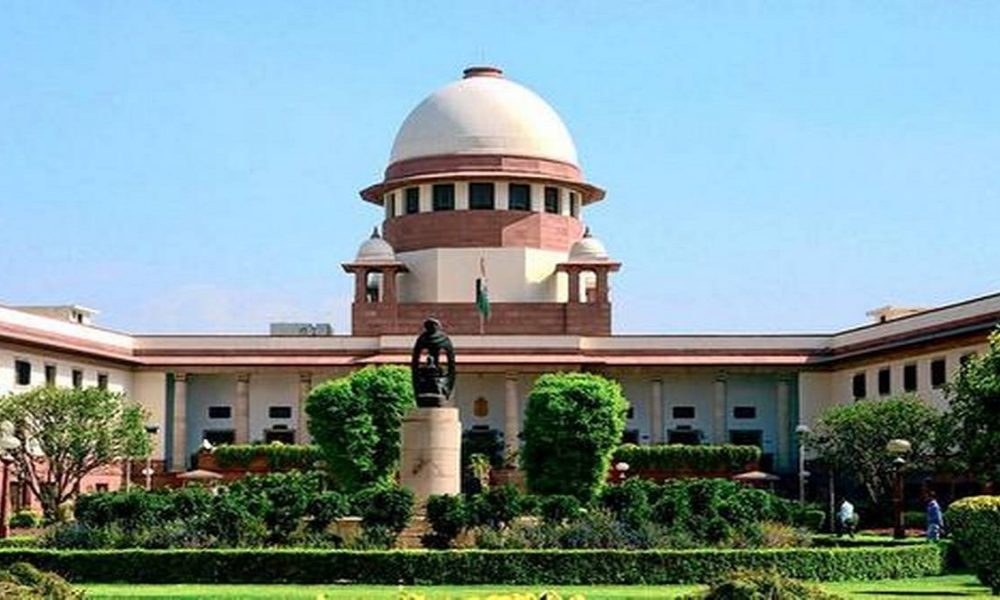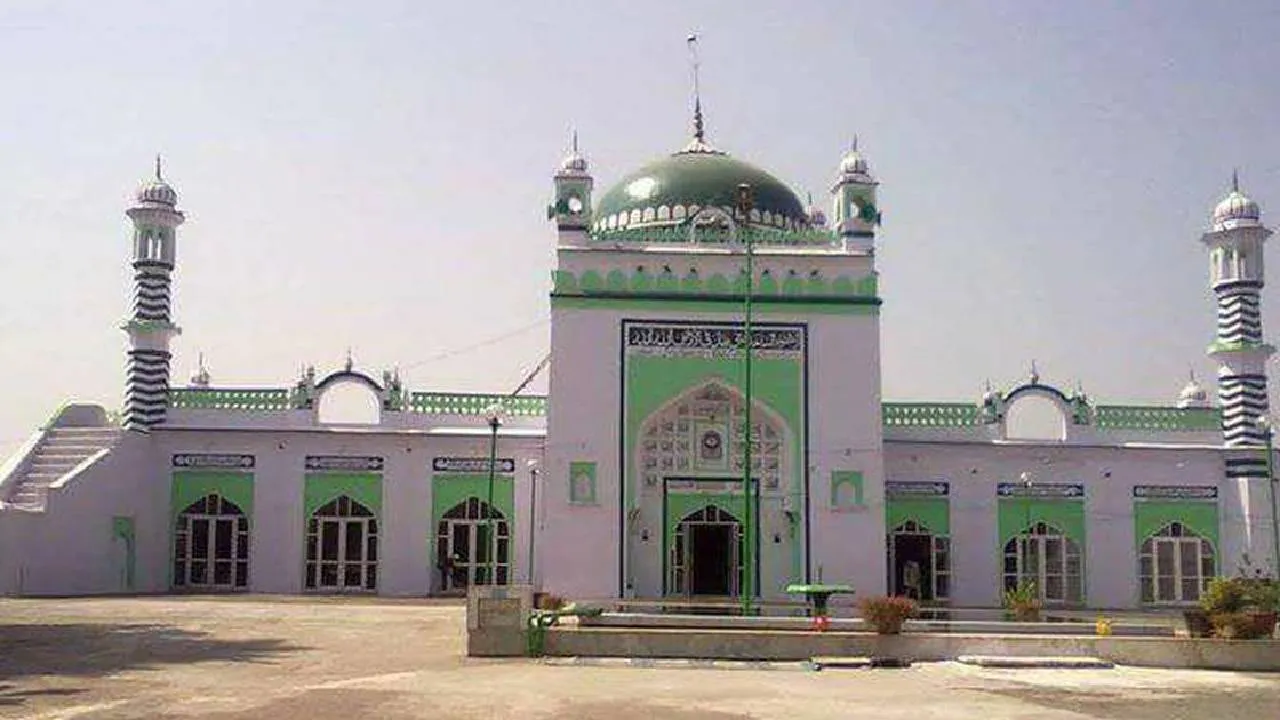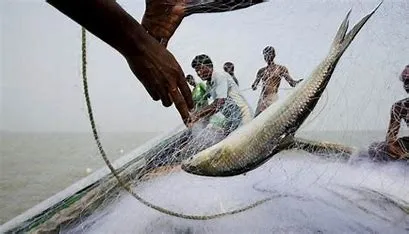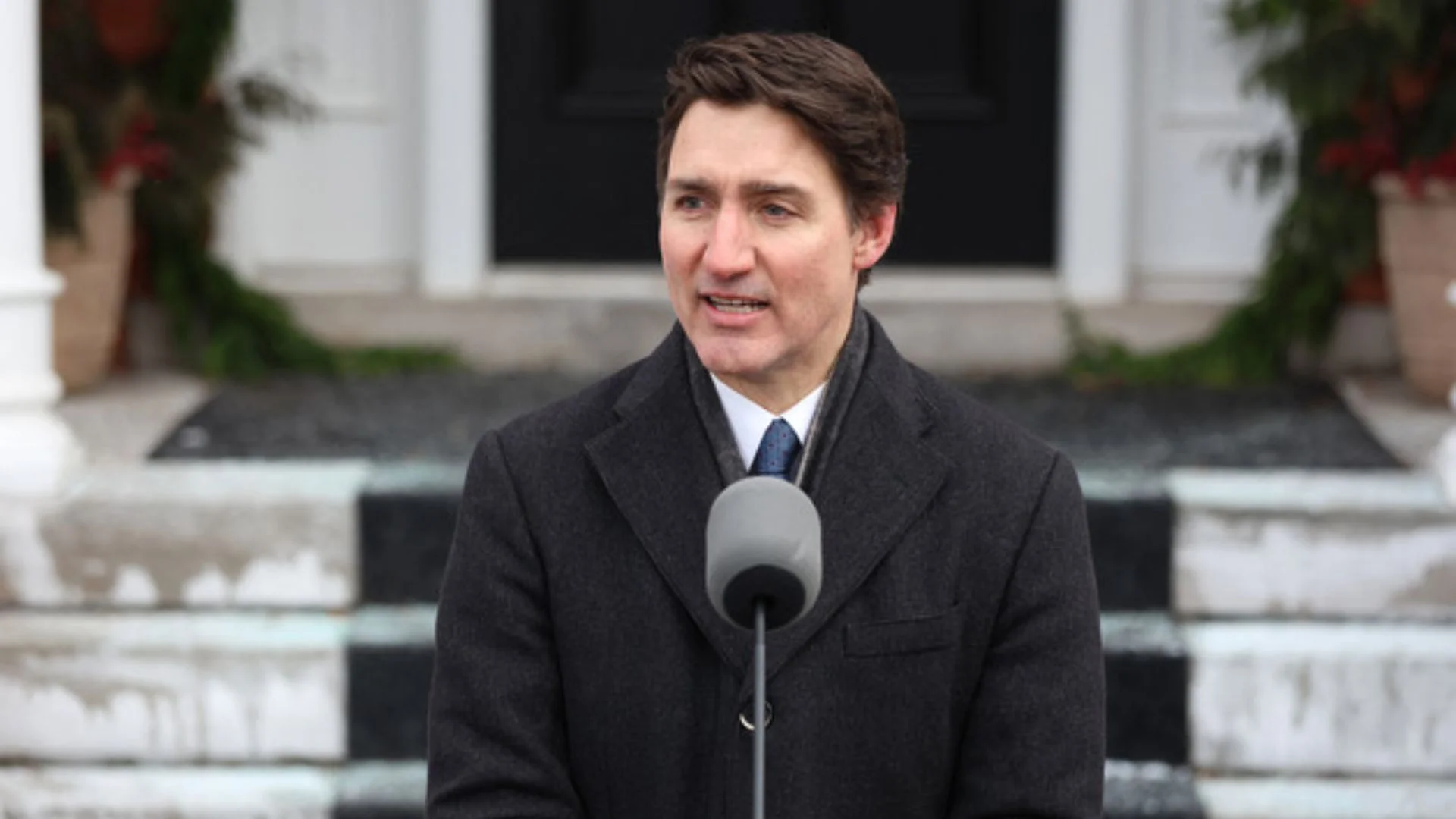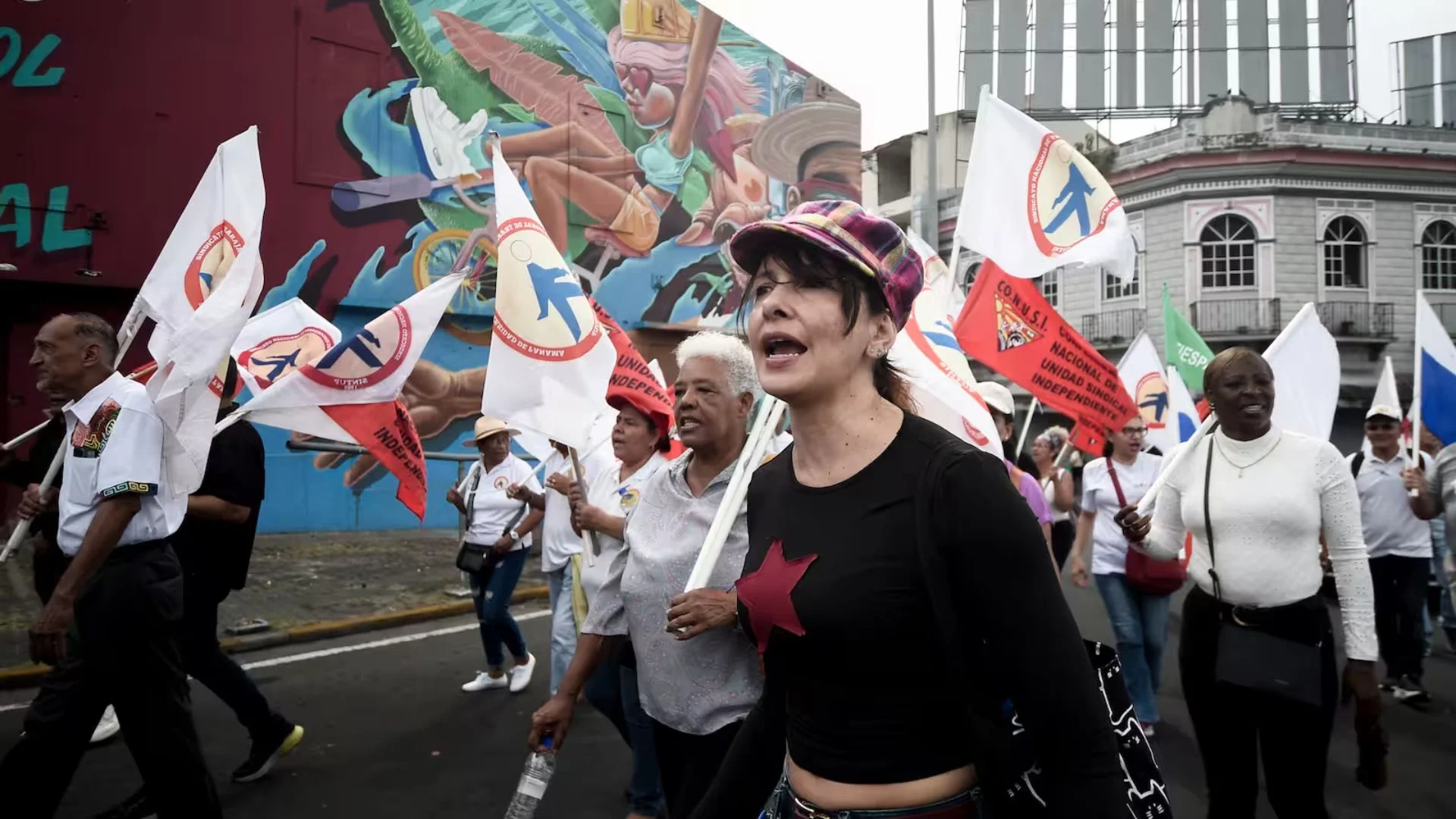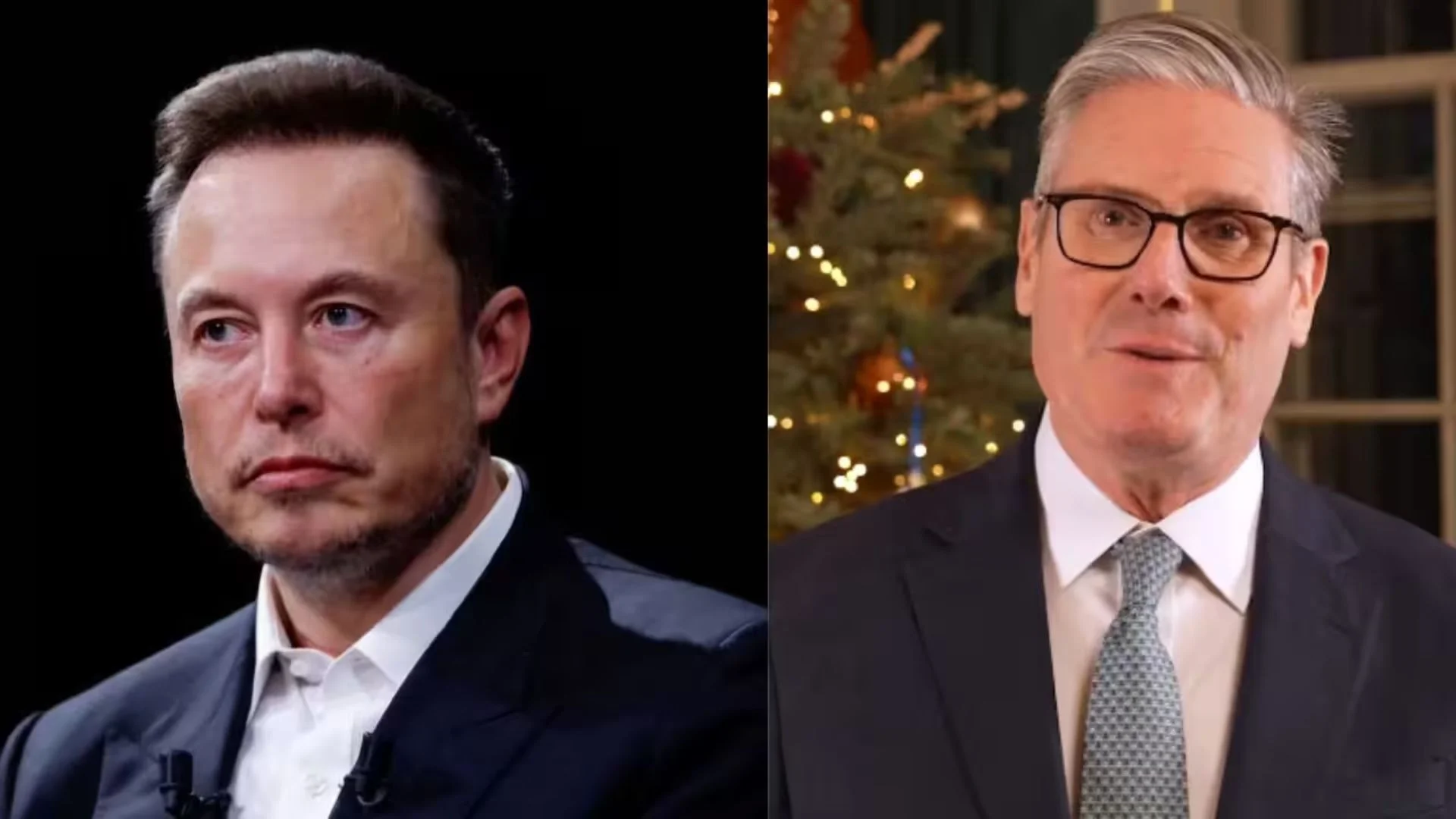While specifying on the interim protection that can be passed by the High Court in exceptional cases, the Apex Court has just recently on July 20, 2021 in a latest, landmark, laudable and learned judgment titled AP Mahesh Cooperative Urban Bank Shareholders Welfare Association vs Ramesh Kumar Bung and Ors in Special Leave Petition (Criminal) No. 3869 of 2021 with Special Leave (Criminal) No. 3875 of 2021 has observed in no uncertain terms that the High Courts can pass interim protection order in Section 482 CrPC petitions in exceptional cases by giving brief reasons. It must also be brought out here that the two Judge Bench of the Apex Court comprising of Justice Indira Banerjee and Justice V Ramasubramanian said quite specifically that, “What is frowned upon in Neeharika Infrastructure Pvt Ltd vs State of Maharashtra in Criminal Appeal No. 330 of 2021 is the tendency of the courts to pass blanket, cryptic, laconic, non-speaking orders reading “no coercive steps shall be adopted”.” All the courts must adhere to what has been laid down by the Apex Court in this leading case.
To start with, Justice V Ramasubramanian who has authored this brief, brilliant and balanced judgment for himself and Justice Indira Banerjee of the Apex Court sets the ball rolling right from para 1 wherein it is put forth that, “Challenging an order passed by the High Court for the State of Telangana in two interlocutory applications granting stay of all further proceedings including the arrest of the Respondents 1 to 3 herein (petitioners before the High Court), pending two main petitions for quashing the criminal complaints in Crime Nos. 218 and 222 of Banjara Hills Police Station, Hyderabad, the de facto complainant, has come up with these Special Leave Petitions.”
While elaborating on the complaint filed, the Bench then enunciates in para 3 that, “The petitioner herein filed two complaints on the file of the III Additional Chief Metropolitan Magistrate at Hyderabad against the Respondents 1 to 3 herein on 19.02.2021. The learned Magistrate passed an order under Section 156(3) of the Code of Criminal Procedure, directing the police to register cases and take up investigation, pursuant to which, the Police registered two First Information Reports (FIR for short) in Crime Nos. 218 and 222 of 2021 respectively on 12.03.2021 and 13.03.2021.”
While elaborating further, the Bench then observes in para 4 that, “The Respondents 1 to 3 herein who were the accused in those two complaints were described in those two complaints respectively as (i) Presently Chairman and erstwhile Senior Vice Chairman; (ii) Managing Director and CEO; and (iii) Presently Vice Chairman and erstwhile Chairman of A.P. Mahesh Cooperative Urban Bank. The offences complained of by the petitioner against the Respondents 1 to 3 herein were under Sections 409, 420, 467, 468, 471 and 477A read with 120B IPC. It is necessary to take note at this stage that the Cooperative Bank involved is actually a multi-state cooperative society governed by the Multi-State Cooperative Societies Act, 2002.”
To be sure, the Bench then states in para 5 that, “Immediately after the registration of the complaints, the Respondent Nos. 1 to 3 herein filed two petitions in Criminal Petition Nos. 2370 and 2371 of 2021 under Section 482 of the Code seeking to quash the criminal complaints. Pending disposal of the criminal complaints, the Respondents 1 to 3 herein sought interim stay of all further proceedings including their arrest, in FIR Nos. 218 and 222 of 2021.”
Needless to say, the Bench then states in para 6 that, “The applications for stay in I.A. Nos. 1 and 1 of 2021 were hotly contested by the petitioner herein, as the petitioner was arrayed as the second respondent in the quash petitions.”
As we see, the Bench then points out in para 7 that, “After hearing the Respondents 1 to 3 herein (persons accused) and the petitioner herein (de facto complainant), the High Court passed a reasoned order on 27.04.2021 granting stay of all further proceedings in both the complaints. It is against the said order that the petitioner has come up with the above SLPs.”
To put things in perspective, the Bench then envisages in para 13 that, “The above sequence of events would show that the petitioner herein who was admittedly registered as an Association only in the year 2019 (as per the averments in Para 2 of W.P. No. 21795 of 2020), fired their first salvo, only against the proposed elections, by filing a writ petition on 30.11.2020. After failing to get any interim order preventing the Returning Officer from proceeding with the election, the petitioner indulged in a multi-pronged attack, by sending police complaints by post on 02.01.2021 and 03.01.2021, then moving the Hon’ble Minister and getting a direction from him to the Commissioner of Police on 22.01.2021, thereafter moving a post-election writ petition in Writ Petition No. 2724 of 2021 to prevent the newly elected Board from taking charge and then filing private complaints before the III Additional Metropolitan Magistrate on 19.02.2021 and getting an order under Section 156(3) of the Code leading to the registration of the FIRs. The complaints lodged by the petitioner Association, contained allegations relating to the period 2016-2019 and 2020, though the association itself was registered only in 2019.”
Interestingly enough, the Bench then points out in para 14 that, “It is of interest to note that the petitioner Association which lawfully came into existence by registering itself as an Association under the relevant law only in 2019, started off only with a grievance relating to the elections and the creation of the post of Chairman Emeritus, at the beginning. It appears that the petitioner Association moved a writ petition way back in February, 2020 in W.P. No. 3687 of 2020 expressing an apprehension that elections will not be conducted fairly. But a learned Judge of the High Court dismissed the writ petition by an order dated 20.02.2020. As against the said order, the petitioner filed a writ appeal in W.A. No. 154 of 2020 which is stated to be pending.”
To say the least, the Bench then states in para 15 that, “The petitioner has made a passing reference in Paragraph 3 of their writ petition W.P. No. 21795 of 2020, to the above writ appeal W.A. No. 153 of 2020, which even according to them, related only to an election dispute.”
Furthermore, the Bench then adds in para 16 that, “Similarly, the petitioner has made a passing reference to another writ appeal in W.A. No. 141 of 2020 in Para 3 of their writ petition in W.P. No. 21795 of 2020. This, according to the petitioner Association related to the conferment of the title of Chairman Emeritus on the 1st Respondent herein. The background facts relating to this writ appeal, are not disclosed by the petitioner fully in their writ petition.”
Quite palpably, the Bench then remarks in para 17 that, “Therefore, it is obvious that the petitioner started a dispute first against the conferment of the title of Chairman Emeritus on the 1st Respondent and then they raised issues with regard to the proposed elections, first in a writ petition filed in February, 2020 and then in a writ petition filed in November, 2020. It is only thereafter that the allegations relating to loan fraud were raised by the petitioner Association. Apparently, the petitioner had the blessings of the powers that be, which is why a direction was issued on 22.01.2021 by the Hon’ble Minister, to the Commissioner of Police to register the complaints and report to the Government.”
Be it noted, the Bench then stipulates in para 18 that, “What is important to note, is the fact that in I.A. No. 1 of 2020 in W.P. No. 21975 of 2020 the petitioner had prayed for a direction to Respondents 1 to 4 therein (namely the State of Telangana, Central Registrar, the Returning Officer and the Management of the Bank) to conduct a thorough investigation with the help of the police/investigation agencies.
Please read concluding on link4din.com/guardians-numeric-wisdom
The learned Judge who heard this I.A. along with other applications in the connected writ petitions, merely ordered (on 08.01.2021), notice returnable by 02.02.2021 in the said application.”
Going ahead, the Bench then brings out in para 19 that, “In the next writ petition W.P. No. 2724 of 2021 filed by the petitioner on 03.02.2021 (after the declaration of results pursuant to the order of the High Court dated 08.01.2021), the petitioner again made a prayer for interim relief to suspend the elected Board on the ground that allegations of large scale money siphoning, fraud and falsification and forging of documents are under police investigation. On the date on which W.P. No. 2724 of 2021 was filed namely 03.02.2021, no FIR was pending, but the petitioner was emboldened to make such a statement in their writ petition, on account of the endorsement that they were able to secure from the Hon’ble Minister on 22.01.2021. It is only after failing to secure any interim order even in the second writ petition that the private complaints were filed by the petitioner before the Magistrate on 19.02.2021.” Quite ostensibly, the Bench then minces just no words to state clearly in para 20 that, “Therefore, it was patently an election dispute which was sought to be converted to a criminal case. More often than not election disputes are fought on different turfs, such as polling booths, police stations and court rooms. Sometimes, persons who raise these disputes manage to camouflage their real motive by words clothed in high moral fiber and strong legal content. But unfortunately, the petitioner could not do it successfully in this case, as the election disputes came to the court first before the petitioner could fall back upon allegations of loan fraud. Fortunately, the High Court saw through the game. This is why the High Court in its impugned order, granted the extraordinary relief of stay of further proceedings including the arrest of Respondents 1 o 3 herein. The facts are so glaring and the background setting so shocking, that the High Court correctly found it to be a fit and proper case to grant interim relief to Respondents 13 herein.”
Quite rightly, the Bench then points out in para 21 that, “Having seen the factual aspects, let us now deal with the three questions of law on which the learned counsel for the petitioner sought to raise a high pitch.”
More to the point, the Bench then quite forthrightly states in para 22 that, “CAs rightly pointed out by the learned senior counsel appearing for Respondents 1 to 3, Neeharika (supra) certainly allowed space for the High Court to pass an interim order of the nature impugned herein, “in exceptional cases with caution and circumspection, giving brief reasons”. What is frowned upon in Neeharika (supra) is the tendency of the courts to pass blanket, cryptic, laconic, non-speaking orders reading “no coercive steps shall be adopted”. In Paragraph 60 of the Report in Neeharika (supra), this Court recognized that there may be allegations of abuse of process of law, converting a civil dispute into a criminal dispute, with a view to pressurize the accused. In the order impugned in these petitions, the High Court has given elaborate reasons as to how the allegations of bank fraud were developed during the proceedings concerning allegations of election fraud. Therefore, the impugned order cannot be said to be bad in the light of Neeharika principles.”
Frankly speaking, the Bench then rightly adds in para 23 that, “In fact, Neeharika reiterates the parameters laid down in the celebrated decision in State of Haryana vs. Bhajan Lal 1992 Supp (1) SCC 335. One of the cardinal principles evolved in Bhajan Lal (supra) found in paragraph 102 (7) reads as follows:
“where a criminal proceeding is manifestly attended with mala fide and/or where the proceeding is maliciously instituted with an ulterior motive for wreaking vengeance on the accused and with a view to spite him due to private and personal grudge.”
In paragraph 37 of the decision in Neeharika, the above passage from Bhajan Lal is extracted. In fact Bhajan Lal (supra) took note of the view expressed by Bhagwati, C.J. in Sheonandan Paswan vs. State of Bihar (1987) 1 SCC 288 to the effect “that a criminal prosecution, if otherwise justifiable and based upon adequate evidence, does not become vitiated on account of mala fides or political vendetta of the first informant or complainant.” Yet Bhajan Lal (supra) laid down seven principles in paragraph 102, the last which we extracted above. The seven principles enunciated in paragraph 102 of Bhajan Lal (a two member Bench) are actually quoted with approval in Neeharika (a three member Bench).”
Bluntly put, the Bench then minces no words to say it upright in para 24 that, “In fact, one of the interim prayers sought by the petitioner in the civil writ proceedings is for the conduct of a forensic audit. The said prayer is pending consideration. Allegations of the nature projected by the petitioner cannot be taken for their face value without a forensic audit and the court cannot go by the ipse dixit of the petitioner.”
What’s more, the Bench also then forthrightly adds in para 25 that, “It is completely wrong on the part of the petitioner to contend that the High Court was swayed by the pendency of civil writ proceedings. The High Court actually took note of the manner in which the color of the entire proceedings changed from February 2020 to February 2021 and it is in that background that the learned Judge took note of the pendency of civil proceedings and the overlapping of allegations. Therefore, the petitioner cannot press into service the ratio in Mohd. Allauddin Khan (supra) and K. Jagdish (supra).”
For the sake of clarity, the Bench then hastened to add in para 26 that, “Even the decision in NN Global Mercantile Pvt Ltd (supra) will not go the rescue of the petitioner since the reference in the impugned order to Section 84 of the Multi-state Cooperative Societies Act, 2002 is only for the limited purpose of dealing with the allegations relating to admission of members.”
Finally, the Bench then holds in para 27 that, “Therefore, we are of the considered view that the High Court was perfectly justified in granting interim protection to the Respondents 1 to 3 herein and in ensuring that the supremacy of the ballot is not sabotaged by the authority of the police. Hence the SLPs are dismissed. Consequently the applications for stay are dismissed and the stay earlier granted is vacated. The vacate stay petitions are closed in view of the dismissal of the stay applications.”
In conclusion, the Apex Court has very rightly maintained in no uncertain terms that the High Courts can pass interim protection order in Section 482 CrPC petitions in exceptional cases by giving brief reasons. The High Courts must comply with accordingly and give brief reasons also with the judgment as directed so in this notable case by the Apex Court! No denying it!
Sanjeev Sirohi, Advocate,
s/o Col BPS Sirohi,
A 82, Defence Enclave,
Sardhana Road,
Kankerkhera,
Meerut – 250001, UP.

